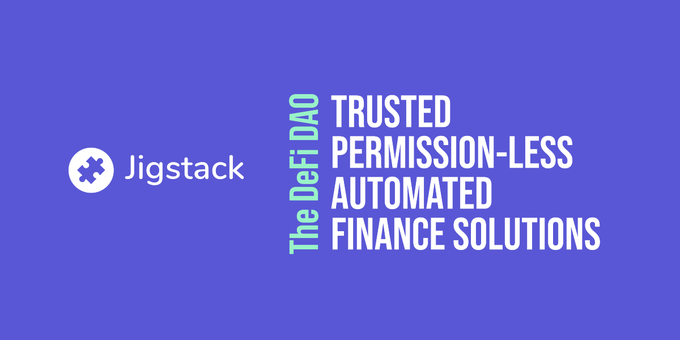The DeFi industry will see some crucial changes in the coming years. After initial successes, there are still serious concerns about the issuance of new tokens and the destruction of the Ethereum ecosystem. Solving these problems requires unconventional thinking.
The current problems with the DeFi token platform
For anyone who is not a degenerate decentralized finance enthusiast, it is a challenge to trust new DeFi tokens out of the blue. Most of these tokens and projects are not audited, which puts users at serious risk. Without quality assurance and a lack of transparency, a very problematic scenario arises.
Although multiple token launchpads can help legitimize projects, they are often controlled from a central point. This creates another problem as this industry is designed to encourage decentralization. In addition, there is a lack of automation and trust in this industry that most technological solutions cannot easily overcome.
However, this does not mean that improvements cannot be expected. Several teams develop new solutions. The introduction of a decentralized token pad solution, with which owners of the native token are also rewarded, can unleash enormous potential.
Jigstack developed Lemonade, a project advertised as a DeFi token launchpad, whose core is automation and decentralization. The team states that its solution will solve the problems outlined above and provide a smoother whitelisting process for investors and automated funding rounds.
More importantly, the need for a transparent and non-custodial approach is greater than ever. It doesn’t require anyone looking to invest in DeFi tokens to give up control of their keys. Lemonade ensures that the user is in control of his money at all times, with transactions taking place without intermediaries, peer-to-peer transactions.
Embrace the DAO model
Instead of maintaining a centralized solution, this particular platform incorporates the DAO model. Using a decentralized autonomous organization is unusual as this business model doesn’t have the best reputation. However, it can still provide automation and user empowerment benefits. This applies in particular to the issuance of “rewards” to holders of Jstak tokens who receive a share in every transaction on the network.
In theory, any code written in smart contracts can execute itself without the need for further monitoring or control. It is a big part of the DeFi industry today that works mostly with smart contracts from Ethereum. While these contracts are not always audited, Jigstack aims to promote industry standards in order to achieve a wider sense of trust and security.
However, achieving this goal will be a difficult task. Decentralized finance is an industry that is met with great skepticism and greedy traders who want to make high profits in the short term. The industry can certainly benefit from more legitimacy, but that change won’t happen overnight.
Establishing an industry standard for decentralized financing and removing remaining intermediaries from the equation is critical. Such an approach can only work if enough token issuers are willing to trust solutions that require them to take full responsibility for their projects.
Most teams are likely to continue to adopt the “quick buck” approach, even if it costs them credibility. That said, having options that offer a more legitimate approach to starting DeFi tokens is a step in the right direction

